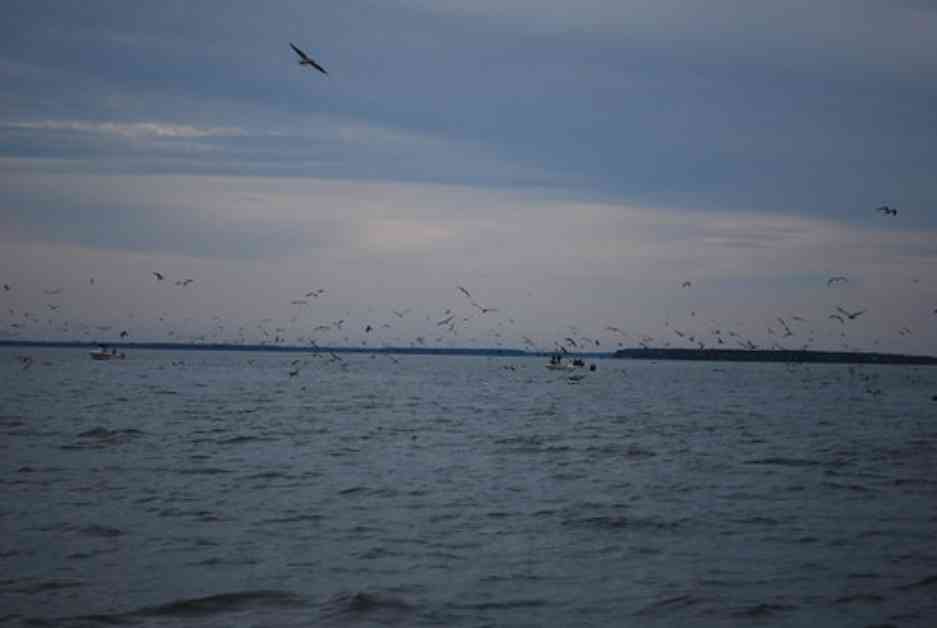Congress has delivered a significant boost to Chesapeake Bay restoration efforts with the approval of key bills toward the end of the year. These bills renew support for crucial programs, enhance oyster recovery initiatives, and promote outdoor recreation and education in the region and beyond.
Renewed Support for Key Programs
In a remarkable show of bipartisan unity, Congress has overwhelmingly passed the America’s Conservation Enhancement (ACE) Reauthorization Act. This legislation plays a pivotal role in backing habitat and wildlife conservation efforts within the Chesapeake Bay watershed and across the nation. Notably, the act reauthorizes the operations of essential programs such as the U.S. Environmental Protection Agency’s Chesapeake Bay Program Office, the U.S. Fish and Wildlife Service’s Chesapeake WILD Program, and the National Park Service’s Chesapeake Gateways Program through 2030.
Funding and Impact
These reauthorizations are crucial for the continued funding and functioning of these programs, ensuring their longevity and effectiveness. For instance, the EPA Bay Program Office spearheads the coordination of state and federal efforts to achieve Bay restoration goals, supporting activities like water quality monitoring and providing grants to various entities for Chesapeake-related work. The ACE Act authorizes $92 million annually for this program, underscoring its significance in the restoration process.
The Chesapeake WILD Program, with an authorized funding of $15 million per year, focuses on enhancing fish and wildlife habitat in the Bay watershed and boosting public access and community engagement. Similarly, the Chesapeake Gateways Program, authorized at $3 million annually, offers a diverse array of natural, cultural, and recreational sites to educate and engage people about the Bay and its rivers.
Bipartisan Support and Conservation Initiatives
The ACE Act not only benefits the Chesapeake Bay but also supports various national conservation initiatives, including wetland conservation and restoration efforts, showcasing the broader impact of this legislation. The bipartisan backing for this act highlights the collective commitment to conservation and environmental stewardship.
In the words of Sen. Ben Cardin, “Collaborative conservation has always been at the heart of the Chesapeake Bay restoration effort,” emphasizing the enduring importance of federal involvement in safeguarding the Bay’s ecological health. Rep. Rob Wittman echoed these sentiments, emphasizing the legislation’s role in preserving natural resources for future generations.
Oyster Restoration and Outdoor Recreation
Moreover, the recent approval of the Watershed Resources Development Act has paved the way for increased funding for oyster restoration in the Bay, a critical step in bolstering oyster populations and supporting marine biodiversity. Additionally, the EXPLORE Act, with its focus on expanding public access to water and enhancing outdoor recreational experiences, promises to enrich communities and foster a stronger connection to nature.
These legislative decisions underscore a shared commitment to environmental conservation and sustainable resource management, heralding a brighter future for the Chesapeake Bay and its surrounding communities. As we look ahead, the impact of these bills on the region’s ecological health and public engagement remains a beacon of hope for a more sustainable and resilient future.


















